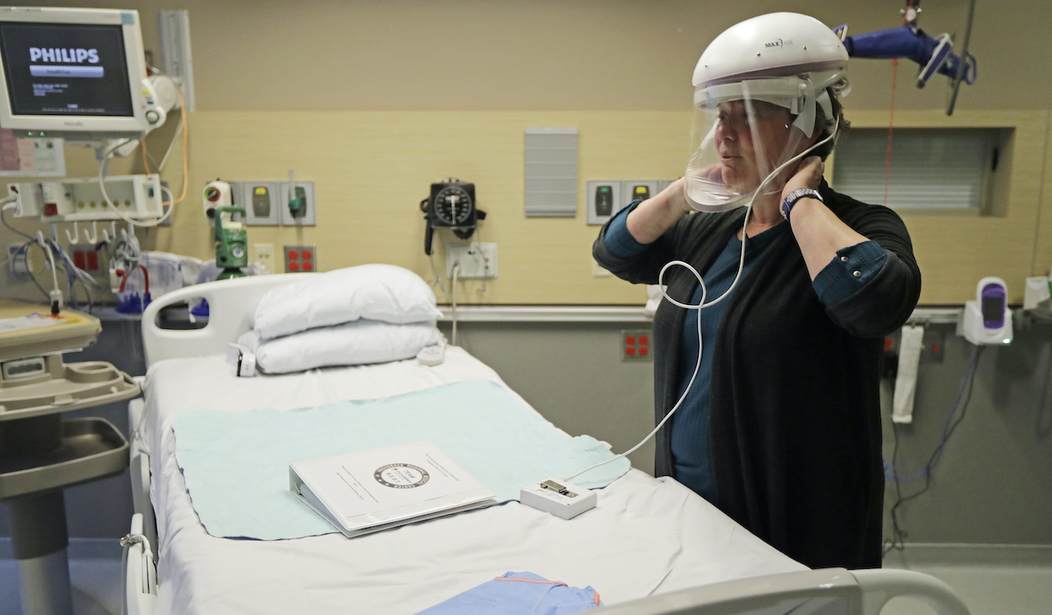Last month, South Korean scientists made a very disturbing discovery. About 15 percent of patients who had recovered from the coronavirus was testing positive again. The same worrying phenomenon was discovered in China as well.
The implications were disheartening. It meant that a large percentage of people may never become immune from the coronavirus, making an effective vaccine very difficult to create.
But South Korean scientists kept investigating and have now found that it’s likely what the testing of coronavirus patients was detecting were “non-infectious” pieces of the virus that were causing the tests to register positive.
South Korea uses a very sensitive test for the virus — an “RT-PCR” test — which detects the virus in genetic materials.
But in some cases, the tests may detect old particles of the virus, which may no longer pose a significant threat to the patient or others, said Seol Dai-wu, an expert in vaccine development at Seoul’s Chung-Ang University.
“The RT-PCR machine itself cannot distinguish an infectious viral particle versus a non-infectious virus particle, as the test simply detects any viral component,” Seol said.
This so-called false positive result is likely behind the cases of recovered patients testing positive again, the KCDC says.
Some of those who recovered from the coronavirus were showing respiratory symptoms again within a few weeks. But the testing showed that not only were the patients not suffering from COVID-19, but they also weren’t infectious.
When investigating people who appear to suffer a relapse of symptoms after recovering from COVID-19, the KCDC takes cultures of the virus, a process that takes more than two weeks before reliable results become evident.
All 29 completed culture tests as of Wednesday had come back negative. At least 79 are being processed.
“The virus in the relapse cases have little to no infectiousness,” Jeong said.
Some viruses like Hepatitis B and HIV are able to live on and constantly reinfect hosts. The coronavirus can apparently not do that, which is good news for the vaccine researchers.
But the coronavirus may not force our immune systems to develop effective antibodies against it. That wouldn’t be good news either.
But scientists don’t know whether people who have been exposed to the coronavirus will be immune for life, as is usually the case for the measles, or if the disease will return again and again, like the common cold.
“This to me is one of the big unanswered questions that we have,” says Jeffrey Shaman, a professor of environmental health sciences at Columbia University, “because it really says, ‘What is the full exit strategy to this and how long are we going to be contending with it?’ “
The answers will come, but probably not as quickly as we need them to or want them to. We’re barely past the beginning in the process of discovery and I’m sure there will be plenty of surprises about this virus before scientists are done.
Editor’s Note: Want to support PJ Media so we can keep telling the truth about China and the virus they unleashed on the world? Join PJ Media VIP and use the promo code WUHAN to get 25% off your VIP membership.










Join the conversation as a VIP Member